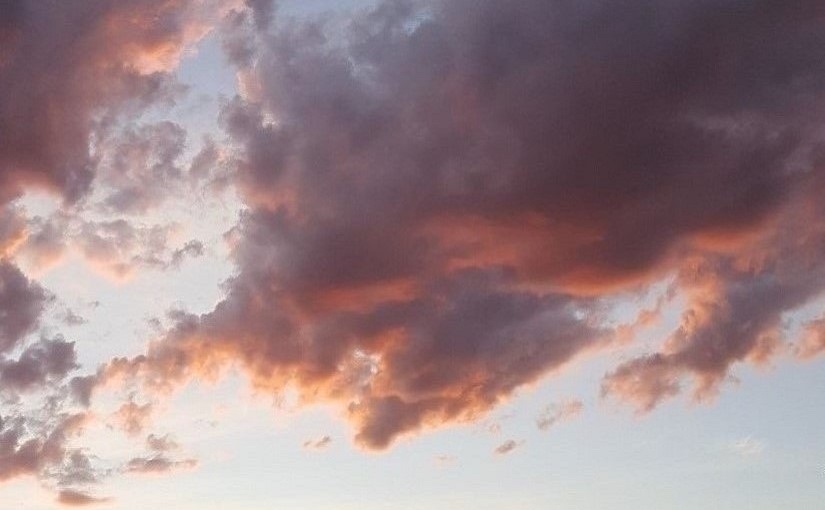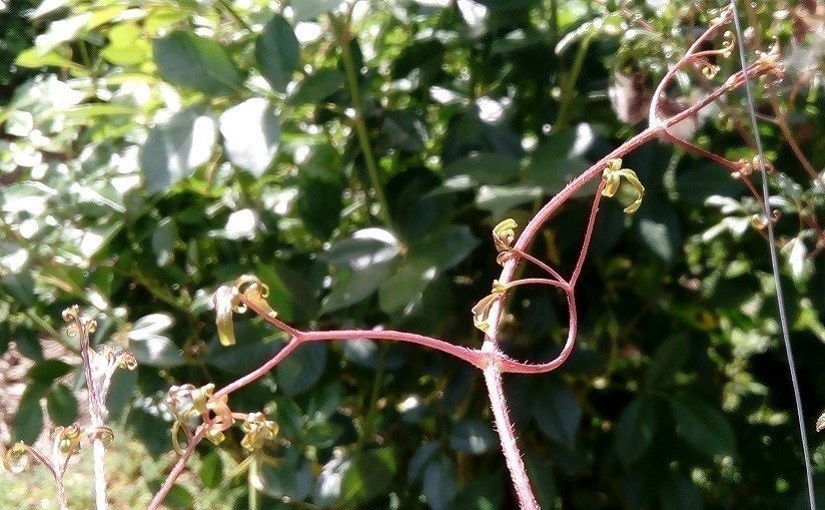It can quite easily be argued that life’s never been simpler than now. That prolonged peace, relative prosperity and general well-being make the modern Western human more sheltered, safe and well-equipped than at any time in history. Yet it doesn’t seem we really feel that way.
Maybe it’s true, though, by many measures. Even compared with a generation or so back, the expectations we now have of life are surely luxurious? The ease and convenience of a consumer lifestyle – full of choice and good legal protection – seems worlds apart from any real concept of difficulty, danger or deprivation.
Is it, then, that problems are relative? That we “forget” what life used to be; taking our own experiences as the new norm? It must be hard to keep even recent historical comparisons actively in mind when we’re faced with so many overwhelming distractions, choices and pressures (Notes One).
It must be fairly “natural” we focus on our own surroundings and challenges, rather than constantly reminding ourselves how unprecedented these comfort levels actually are. We live in our environment as it is now; navigating it is perhaps more urgent than appreciating it. Taking it as a given is, in a way, an understandable starting point for moving forwards.
But, of course, we can’t quite cut ourselves off from history (Notes Two). We are where we are because of all that’s gone before: the innovations, freedoms and values we now enjoy very much stand on the shoulders of past battles and sacrifices. It’s arguably impertinent to take the fruits without appreciating those journeys and the responsibilities being handed over to us.
Maybe it’s simply that freedom, choice and relative ease are their own kind of burden? Alongside the weighty expectations placed on us by culture and advertising: ideas of what our life should be and all we should have to be considered successful or, even, enough by our peers and society’s general estimations.
Taking the evolutionary perspective, then, our task “must” be to engage with our environment as it is? Clinging to comparisons with the past can’t be a developmental advantage. But grasping where we’ve come from, the opportunities we’ve been given and responsibility of using that position carefully must also be part and parcel of living well.
Life now carries with it this immense burden of being woven into inscrutable global systems we’re needing to navigate wisely. All that’s falling on each person’s shoulders – without the reassurance of tradition, faith or time to think – isn’t easy to manage (Notes Three). Where’s the balance to be found between understanding our past and dealing purposefully with the present?
All this seems overwhelming in its own unprecedented ways, as life’s simultaneously never been easier or more difficult. All the information, awareness, choice and – with it – responsibility is surely asking something different from us? Perhaps, just as much as has ever been asked of humans: to rise to the challenge, understand the risks, fight the right battles, and not take our eye off what really matters.
Notes and References:
Note 1: Overwhelm and resignation
Note 1: Do we know what we’re doing?
Note 1: Effect, if everything’s a drama
Note 2: Caught in these thoughts
Note 2: Entertaining ideas & the matter of truth
Note 2: Social starting points for modern ways
Note 2: Able to see what matters?
Note 3: What’s not essential
Note 3: Complication of being human
Note 3: Freedom, what to lean on & who to believe
Note 3: What it is to be human
Similar themes are also, in part, the focus of “Small is Beautiful”, “Ecological Intelligence” and “Brave New World Revisited”.










